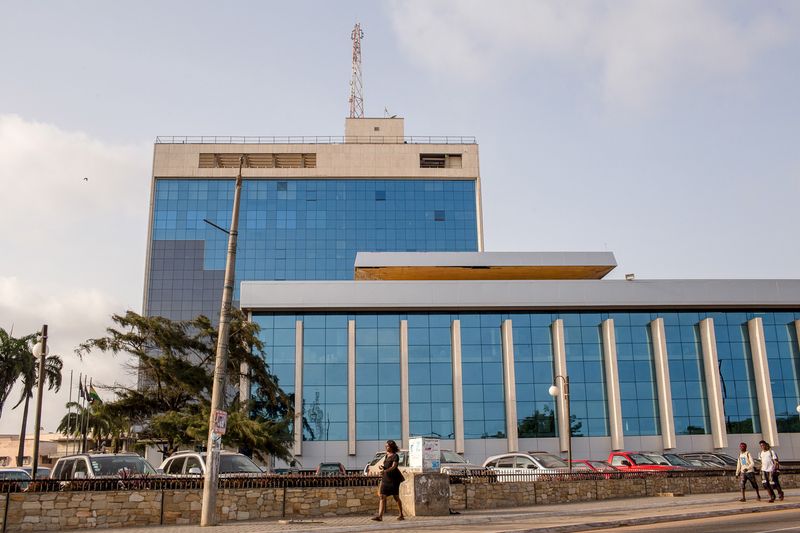Investing.com’s stocks of the week
By Maxwell Akalaare Adombila
ACCRA (Reuters) -Ghana's central bank maintained its main interest rate at 29.5% on Monday, saying tight monetary policy and relative exchange rate stability were helping inflation fall.
The West African nation, a producer of cocoa, gold and oil, has been grappling with its worst economic crisis in a generation, characterised by rampant inflation and a sharply weaker cedi currency.
Bank of Ghana Governor Ernest Addison said the decline in headline inflation since the start of the year had been significant, noting the number of items in the Consumer Price Index basket registering inflation above 50% had dropped.
Ghana's consumer inflation slowed for the fourth consecutive month in April, to 41.2% year on year, after reaching a more than two-decade high of 54.1% in December.
The International Monetary Fund's executive board last week approved a $3 billion three-year support programme for Ghana, allowing for an immediate disbursement of about $600 million and a potential path out of the crisis.
"While this development (the approval of the IMF financing) is positive for the domestic economy, it is conditional on a strong implementation of the fiscal and structural policies under the programme," the central bank said.
Leslie Dwight Mensah, an economist at the Institute for Fiscal Studies in Accra, said the decision to hold the policy rate was in line with expectations.
"It matches a conservative stance, which recognises that although inflation may be heading downwards through the rest of the year, it will be a long while before it returns to the official target band," he told Reuters.
The Bank of Ghana targets inflation of 8% with a margin of error of 2 percentage points in either direction.
"More interesting perhaps is the context in which the announcement was made – a new IMF programme and an agreement between the central bank and the ministry of finance to prohibit monetisation of the deficit, which is positive for the credibility of monetary policy."
